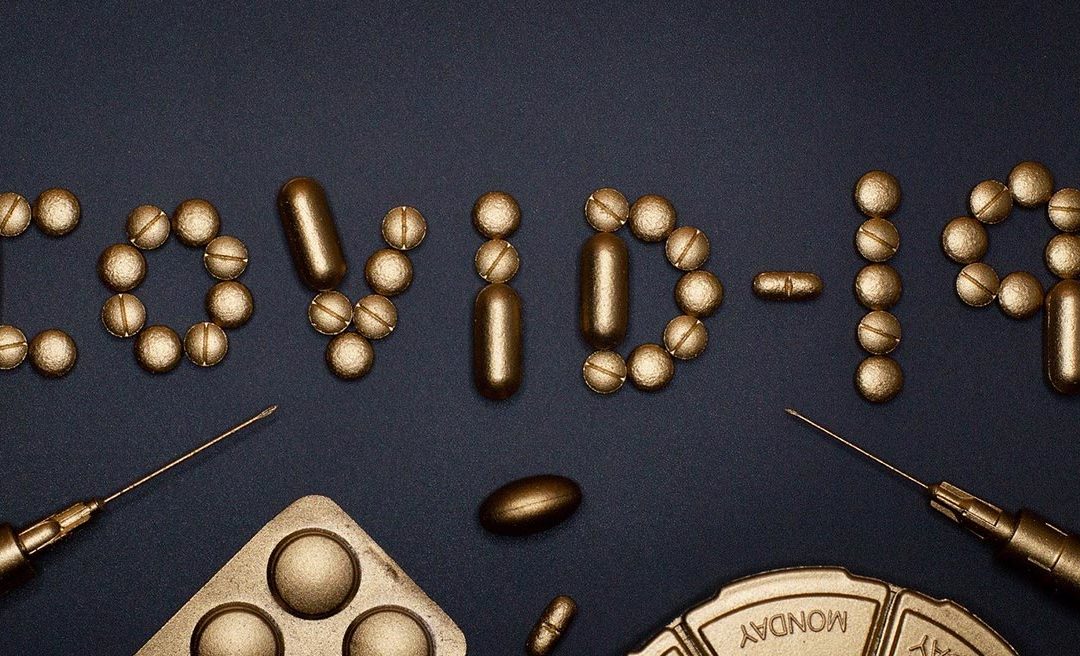It was not a long time ago when the World Health Organization (WHO) first declared the outbreak of the novel coronavirus as a public health emergency and proceeded to characterise COVID-19 as a pandemic only a few weeks later.
Currently, there are no clinical studies related to treatments to prevent or cure the novel coronavirus disease and, on this point, the European Medicine Agency (EMA) and other regulators in the EU and worldwide are putting all their efforts towards developing new vaccines. In this emergency situation, some medicines already known and used for the treatment of other diseases can be used for patients with COVID-19, but such treatments (which are still based on incomplete knowledge and justifiable only in case of a lack of alternatives) can only take place based on medical prescription.
Unfortunately, fake news is as contagious as Coronavirus albeit not as lethal; however, disinformation can equally cause serious damage. Such fake news and online scams are taking advantage of this period of fragility and isolation to lead people to believe that there are in fact ‘approved’ medicines for COVID-19. The circulation of an excessive amount of information, sometimes not carefully scrutinized, makes it very hard for people to identify reliable sources. One of the most recent scams circulated on social media in the past days relates to the sale of medicines from unauthorised websites.
What are ‘Falsified medicines’ or fake medicines?
In this emergency, unauthorised vendors, weighing on the fears and concerns related to the ongoing pandemic, may offer online medicines reported to be useful to treat or prevent COVID-19 or deceive people that they have ease of access to legal vaccines that would otherwise be not directly available.
Anyone who comes across such adverts or sites must be aware that these could be falsified medicines and, once again, that at the moment there are no authorised medicines to treat the new coronavirus.
On the Agency’s portal, the EMA experts explain directly what is meant by ‘Falsified medicines’.
Fake / falsified medicine includes counterfeit medicine that online businesses pass off as authentic or authorised but which contain the wrong or no active ingredient, or the right one but not in the correct quantities. EMA warns that these products may also contain harmful substances that should not be used in medicines and which can cause serious health problems, or can worsen an ongoing condition as they do not pass through the usual evaluation of quality, safety and efficacy that is required for the EU authorisation procedure.
The European Union has a strong legal framework for the licencing, manufacturing and distribution of medicines, centred around the Directive on falsified medicines for human use, so that only licenced pharmacies and approved retailers are allowed to offer medicines for sale, including legitimate sale via the internet. The directive aims to prevent falsified medicines entering the legal supply chain and reaching patients by introducing harmonised safety and strengthen control measures across Europe.
Precautions to be followed
Follow the below guidelines to avoid unpleasant surprises :
- If symptoms occur, contact your general practitioner before taking any medication;
- Do not take antibiotics unless prescribed by your doctor;
- There is currently no pharmacological prophylaxis for those who have had contact with coronavirus positive subjects;
- Therapies currently being studied for patients with COVID-19 can only be taken on prescription and, in most cases, only at hospital level;
- There is currently no vaccine to prevent infection;
- Authorised online pharmacies must have the official logo on their webpages dedicated to the sale of medicine. Authorised retailers can be easily recognized as all the registered online pharmacies have a common logo which consists of a rectangle with horizontal stripes and a white cross placed in the left half of the rectangle adjacent to the midline;
- Websites which sell vaccines and medicines for the treatment of COVID-19 disease are illegal and could sell falsified and health-threatening products;
- Buy only medicines from local pharmacies, retailers or online pharmacies registered with national authorities. List of officially registered online pharmacies can be found on the EMA’s website or directly from websites of the national competent authorities.
- Use your head: beware of ‘miraculous cures’ and videos shared on social networks which propose new medicines for the prevention and treatment of coronavirus;
- Trust only information that comes from official sources (EMA, Malta Medicine Authority).
More than 4.4 million units of illegal pharmaceuticals were seized and 37 organized crime groups dismantled, 121 people arrested and 2,500 links – which include websites, social media, adverts and online marketplace – closed in the past few weeks. The European Commission’s President, Ursula von der Leyen, announced on Twitter the importance of the results obtained by the Europol during a worldwide operation against the trafficking of counterfeit medicines in which ninety countries took part. The EC president warns European citizens to be on their guard against fraudsters and to make certain any online company is serious and licenced before placing any order for medicines.
For more information on the impact of Covid-19 on Maltese law and enterprise please contact any member of Iuris Advocates.
